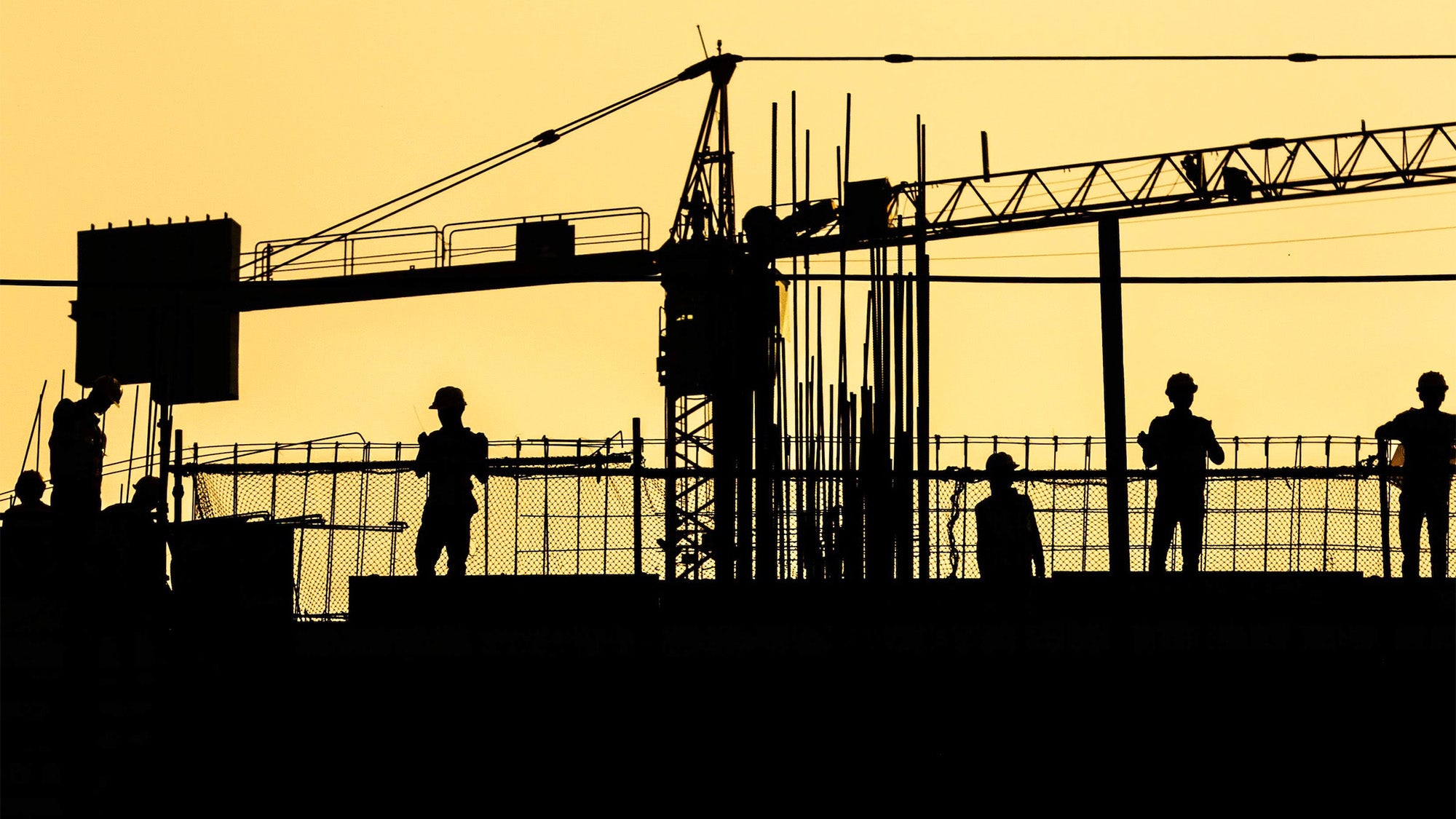Working in Extreme Heat: Deaths Underestimated and Protections Fall Short
Media Contact
Karen Teber, km463@georgetown.edu
WASHINGTON (August 30, 2023) — Writing in the New England Journal of Medicine, two occupational health experts outline three necessary steps to close gaps in the management of workers impacted by extreme heat conditions in order to reduce heat-related illness and death.
In “Preventing Heat-Related Illness among Outdoor Workers — Opportunities for Clinicians and Policymakers,” published August 30, Rosemary K. Sokas, MD, MOH, and colleague Emily Senay, MD, MPH, say mortality from heat stroke among outdoor workers has risen steadily over the past two decades as temperatures have climbed.
Senay, an occupational health expert at Icahn School of Medicine at Mount Sinai, and Sokas, a former director of occupational medicine at the Occupational Safety and Health Administration, now a professor at Georgetown’s School of Health, say federal and state data substantially underestimate heat-related mortality owing to underrecognition, misclassification, and failure to capture heat-associated exacerbations of underlying conditions and increases in traumatic injuries.
“But efforts to implement heat-safety protections are falling short,” the authors write. “There are no federal heat-safety rules, and the handful of existing state regulations have important shortcomings, leaving workers at risk. Failure to protect workers as the climate crisis worsens will have consequences for families, communities, the economy, and the food and other resources on which society depends.”
The authors propose three actions to reduce heat-related deaths and illnesses:
- More careful medical oversight of workers’ health, particularly of high-risk workers, including the involvement of clinicians to help identify reasonable work accommodations when needed.
- Regulatory oversight of acclimatization and modified work–rest cycles.
- Clinicians’ support of workers during office visits to assess for heat risks and provide education.
“Most important, clinicians could work with their member organizations to advocate for meaningful regulatory and legislative action to protect workers amid the escalating climate crisis,” the authors write.
Top image: Photo by Shivendu Shukla on Unsplash

